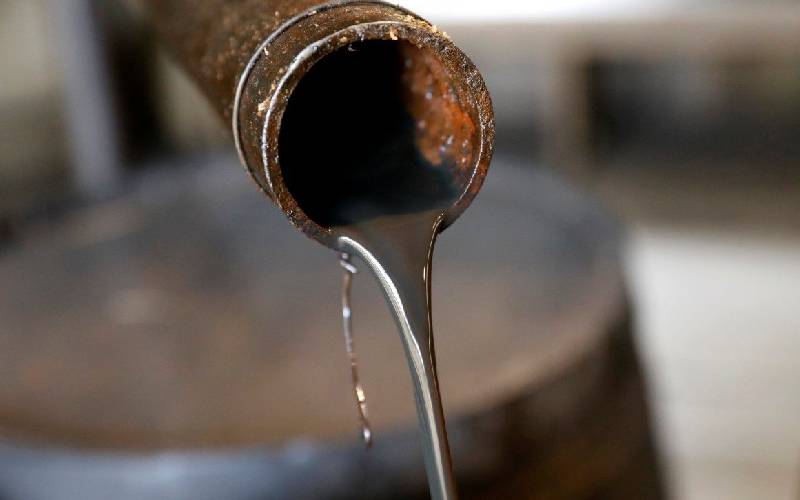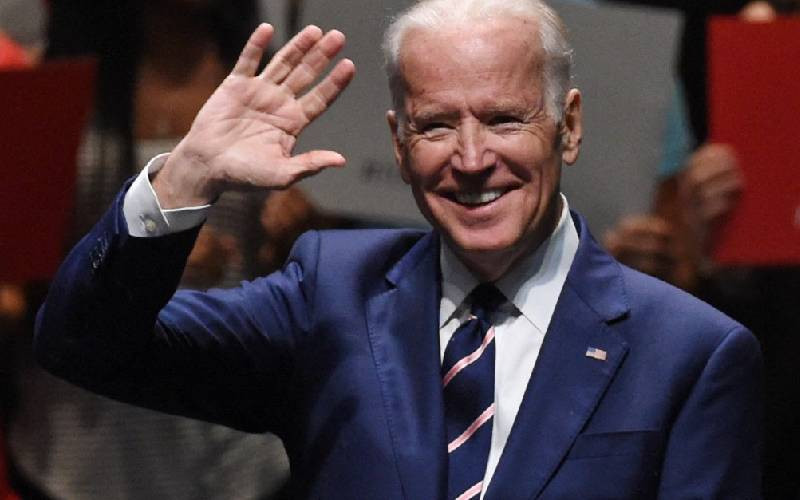
Brent crude has risen about 33 per cent this year and is close to the highest in six months. While higher prices due to strong demand typically reflects a robust world economy, a shock from constrained supply is a negative.
Much will depend on how sustained the spike proves to be.
Exporting nations will enjoy a boost to corporate and government revenues, while consuming nations will bear the cost at the pump, potentially fanning inflation and hurting demand.
Ultimately, there comes a point where higher prices may be damaging to everyone.
What does it mean for global growth?
The impact will vary. Rising oil prices will hurt household income and spending and it could accelerate inflation.
As the world’s biggest importer of oil, China is vulnerable, and many countries in Europe also rely on imported energy. Seasonal effects will also impact.
With the Northern Hemisphere summer approaching, consumers can switch energy sources and scale back usage.
A slowing world economy will also hurt demand and by extension keep a lid on prices.
How can the world economy absorb oil at Sh10,000 ($100)?
For a sustained hit to growth, economists say oil would need to hold above $100.
It also depends on dollar strength or weakness, given crude is priced in greenbacks.
Analysis by Oxford Economics found that Brent at $100 per barrel by the end of 2019 means the level of global gross domestic product would be 0.6 per cent lower than currently projected by end-2020, with inflation on average 0.7 percentage points higher.
“We see increased risks of significantly higher oil prices,” Oxford economists John Payne and Gabriel Sterne wrote in a note.
Stay informed. Subscribe to our newsletter
“In the short-run, it is likely the supply impact will be offset by higher production elsewhere, but the market is tightening and all it would take is one more shock to supply and oil could reach $100.”
How will Iran and Trump impact the market?
An upending of global oil trade around the Iran-Trump spat could continue to have a sizable impact on financial markets, as the affected supply is as much as 800,000 barrels a day.
Uncertainties around availability have already whipsawed oil markets. And the political sensitivities of these developments have other markets bracing for volatility. Trump has pledged to help, alongside Saudi Arabia and UAE, those needing to shift orders from Iran to another supplier.
Who wins from higher prices?
The increase in revenues will help to repair budgets and deficits. Winners include Saudi Arabia, Russia, Norway, Nigeria and Ecuador according to analysis by Nomura.
Who loses?
Those emerging economies.
 The Standard Group Plc is a
multi-media organization with investments in media platforms spanning newspaper
print operations, television, radio broadcasting, digital and online services. The
Standard Group is recognized as a leading multi-media house in Kenya with a key
influence in matters of national and international interest.
The Standard Group Plc is a
multi-media organization with investments in media platforms spanning newspaper
print operations, television, radio broadcasting, digital and online services. The
Standard Group is recognized as a leading multi-media house in Kenya with a key
influence in matters of national and international interest.
 The Standard Group Plc is a
multi-media organization with investments in media platforms spanning newspaper
print operations, television, radio broadcasting, digital and online services. The
Standard Group is recognized as a leading multi-media house in Kenya with a key
influence in matters of national and international interest.
The Standard Group Plc is a
multi-media organization with investments in media platforms spanning newspaper
print operations, television, radio broadcasting, digital and online services. The
Standard Group is recognized as a leading multi-media house in Kenya with a key
influence in matters of national and international interest.









